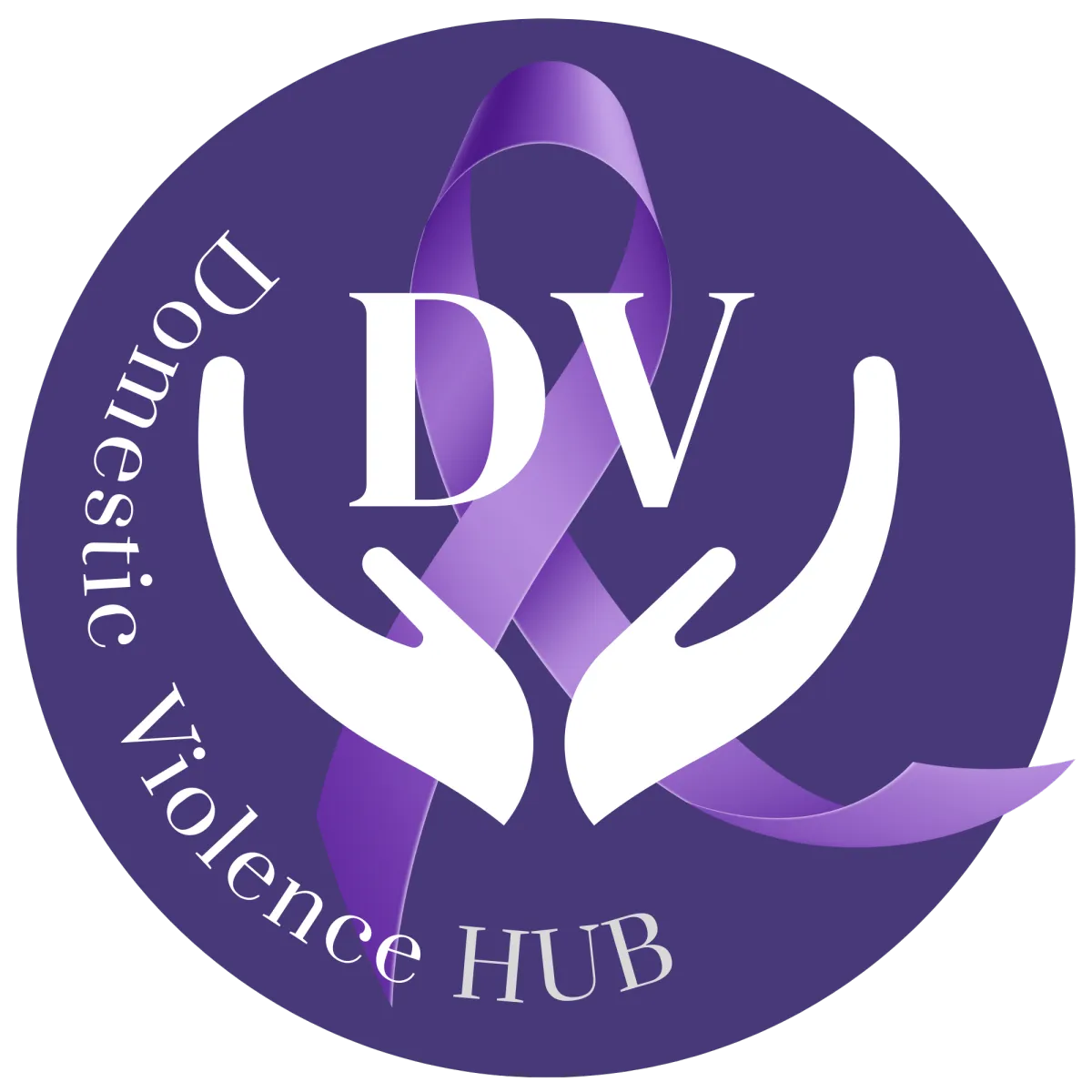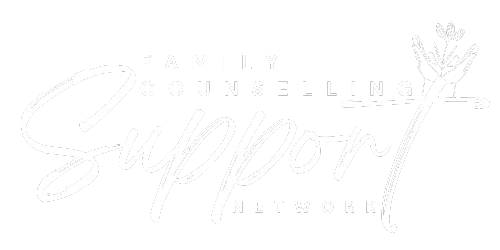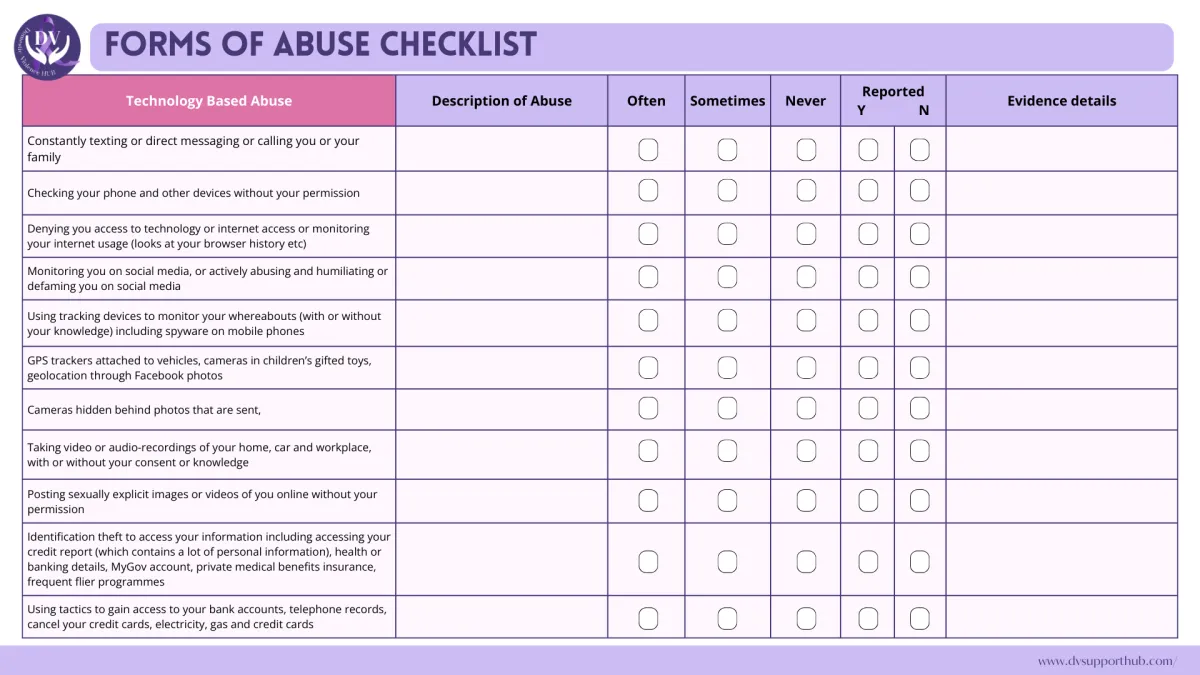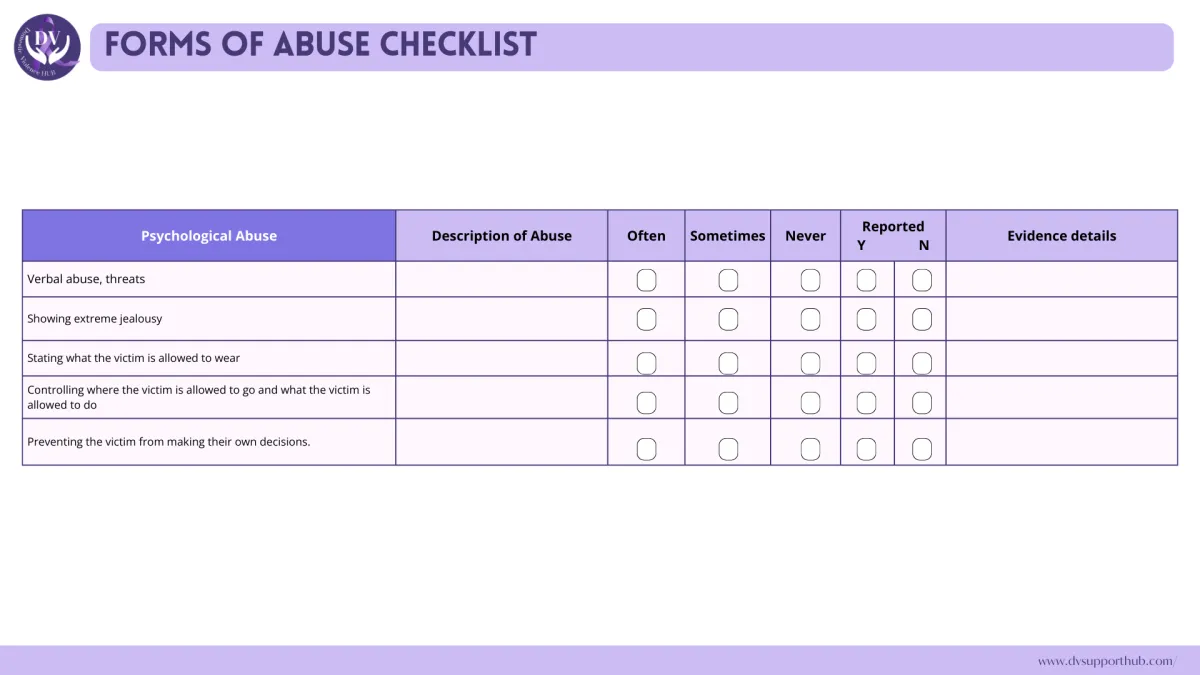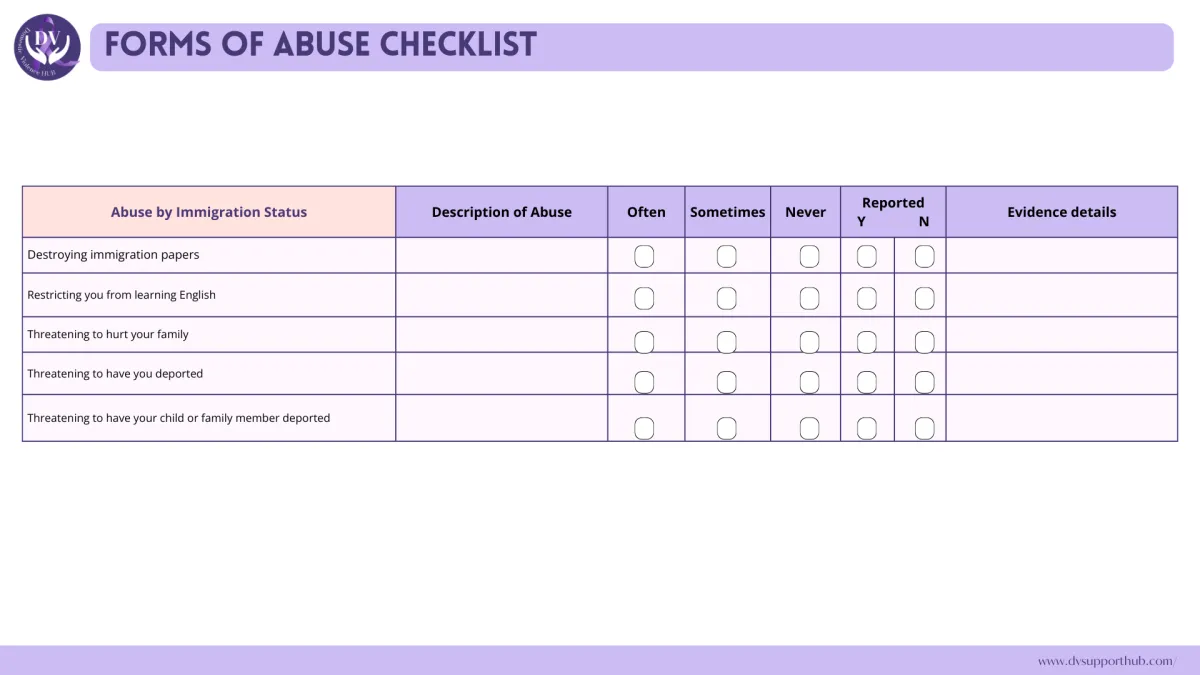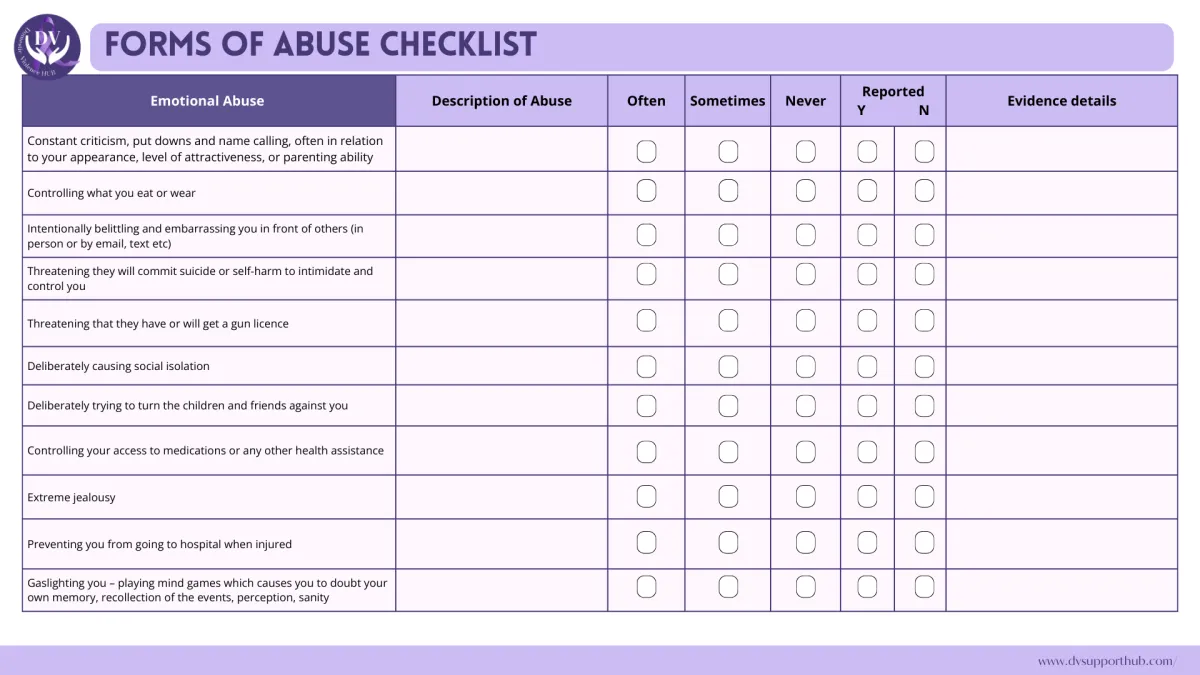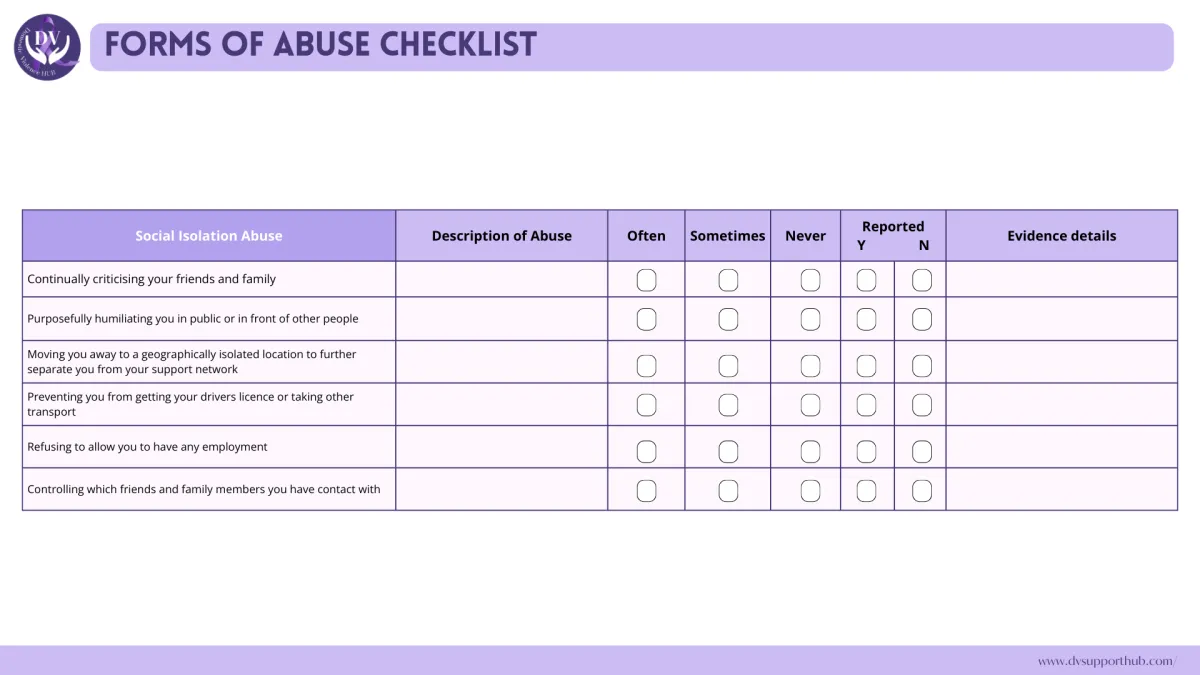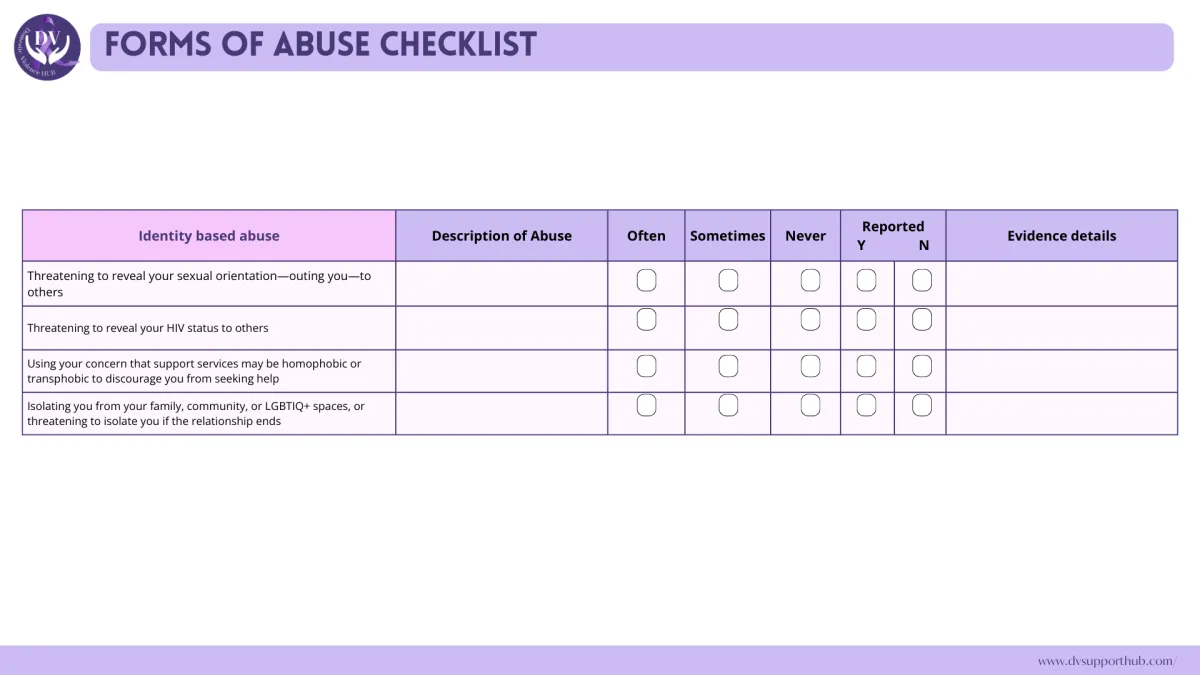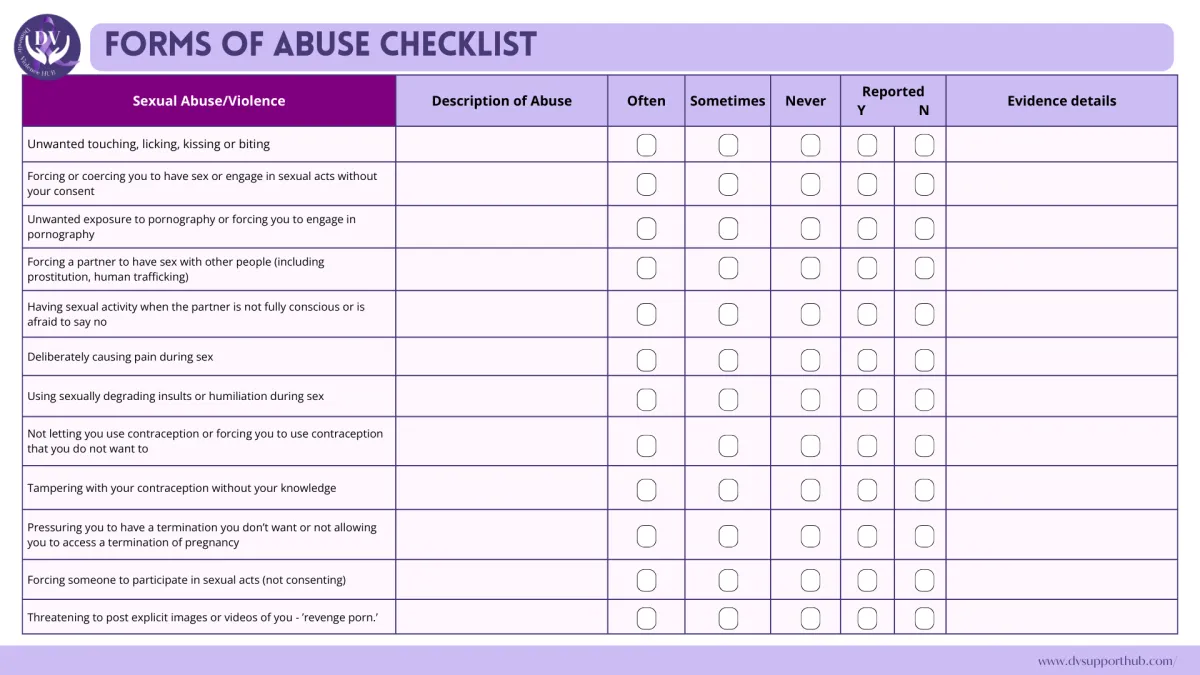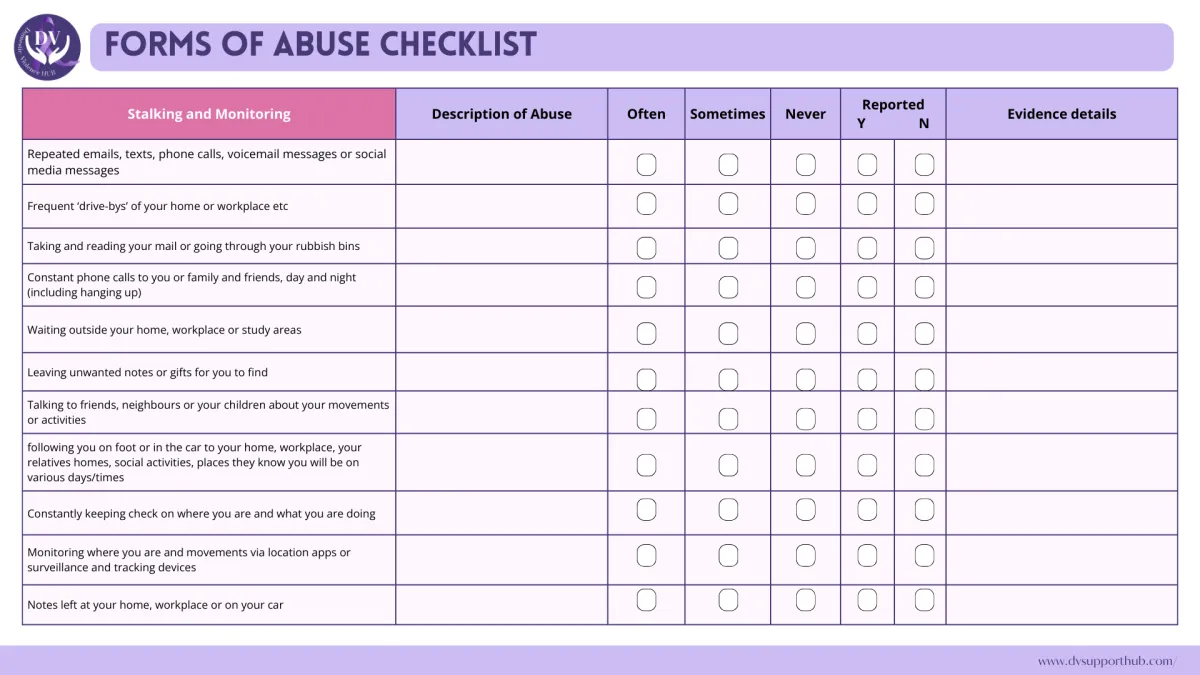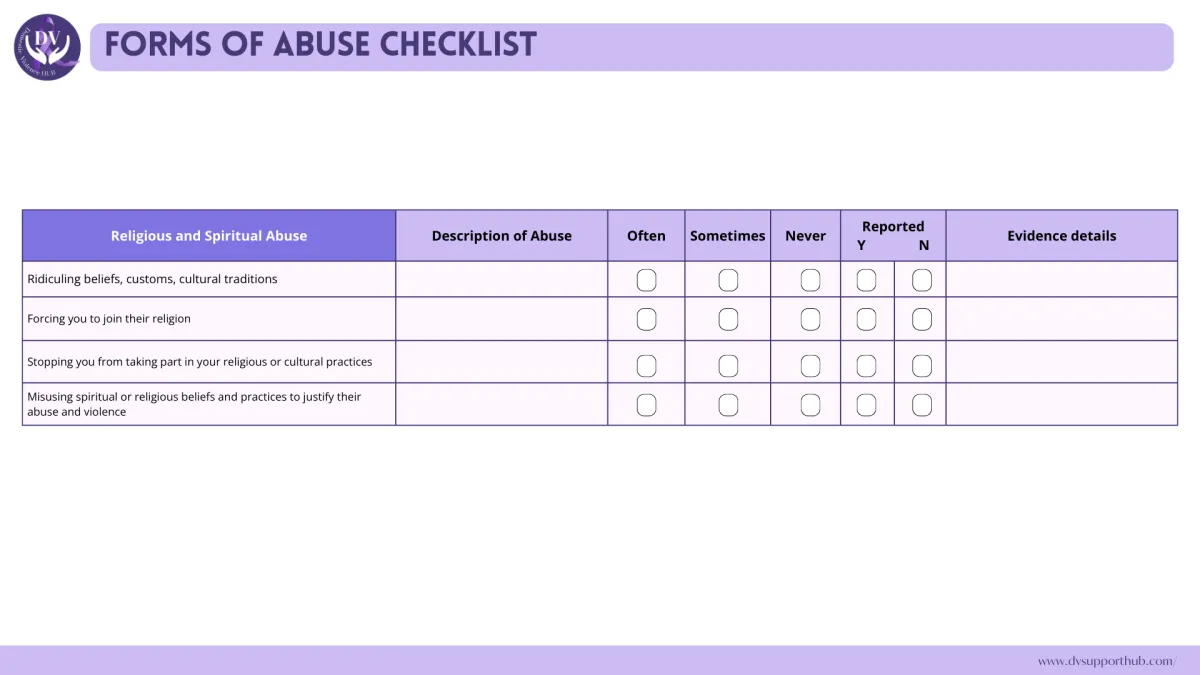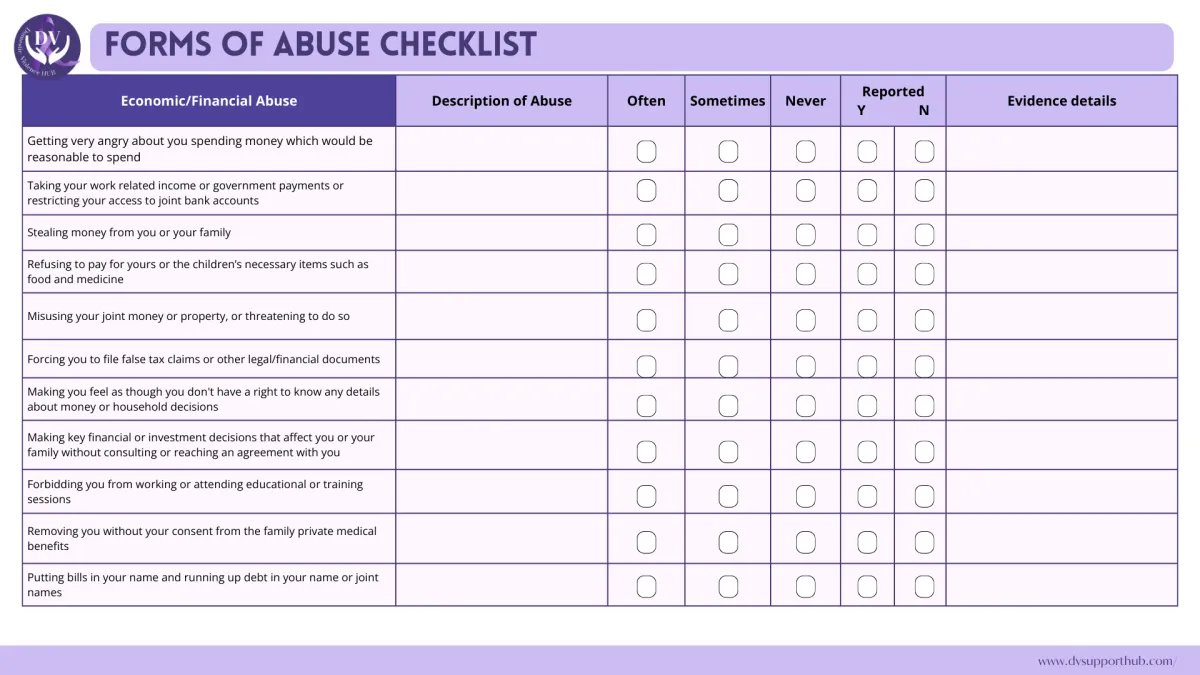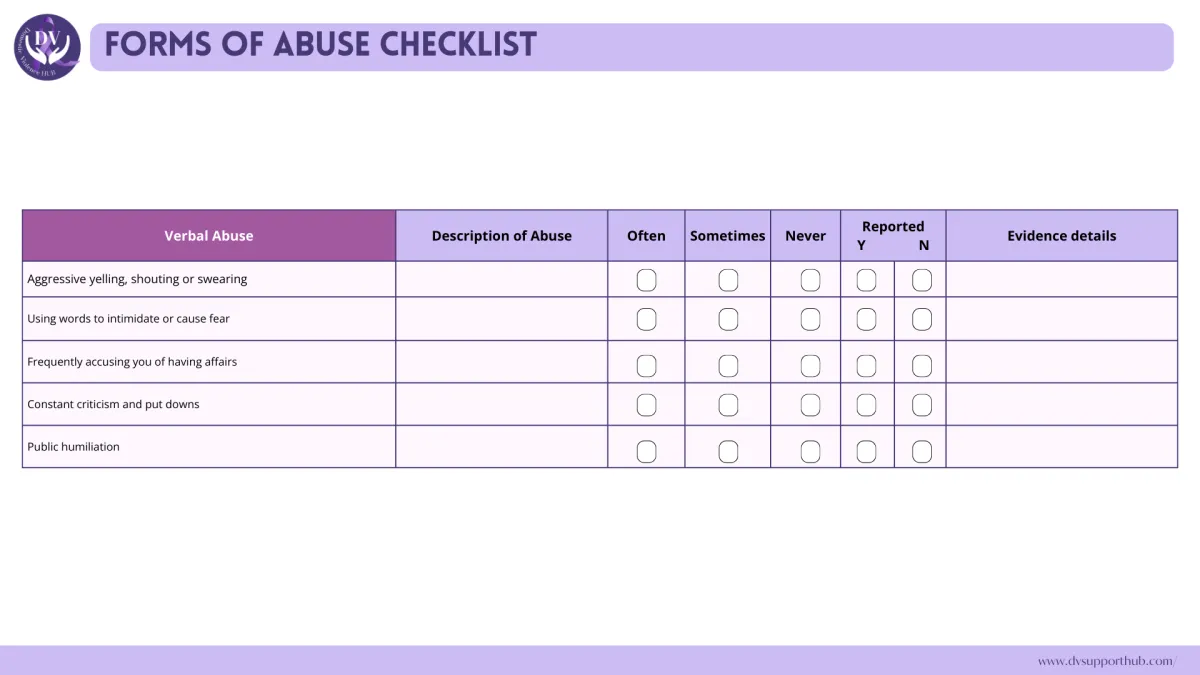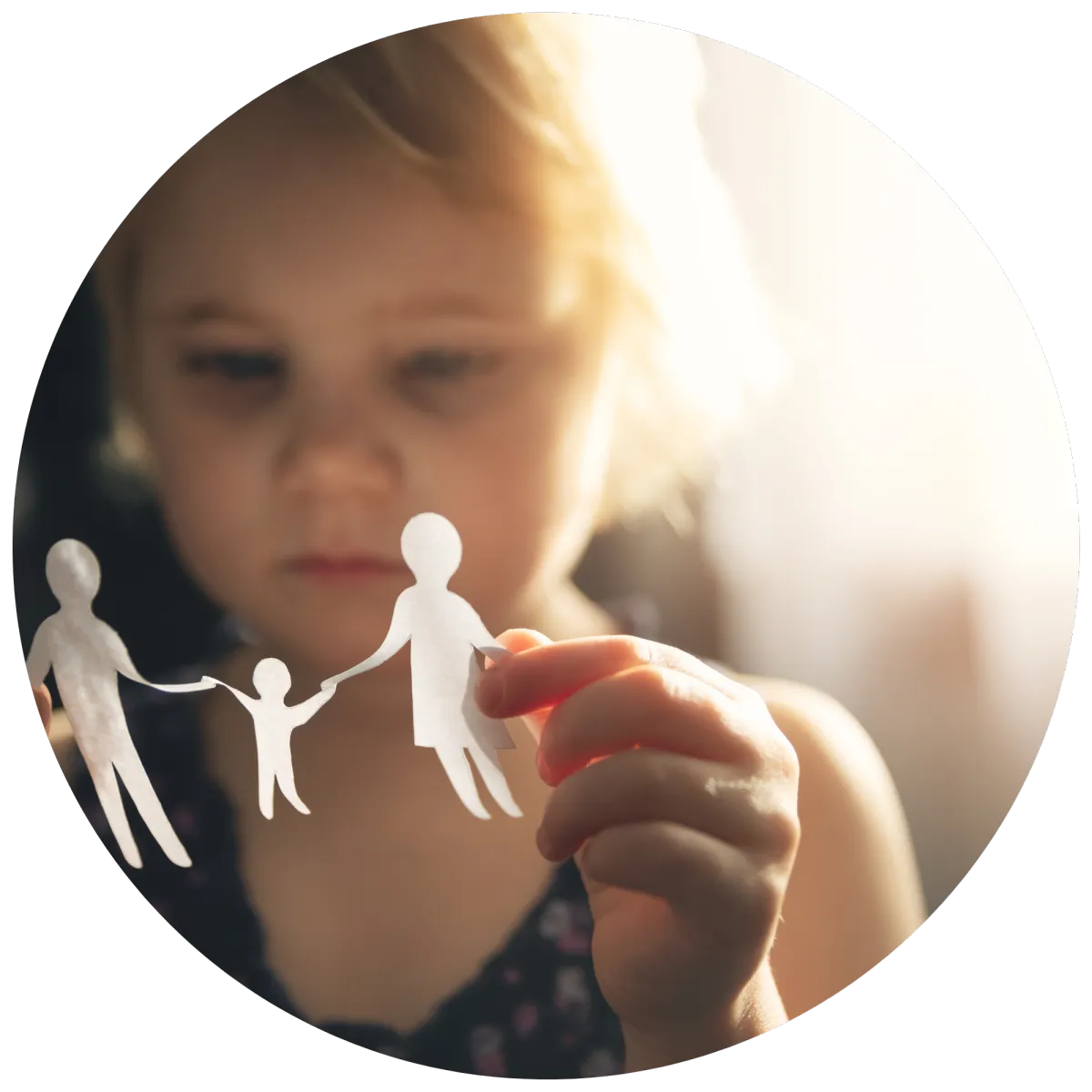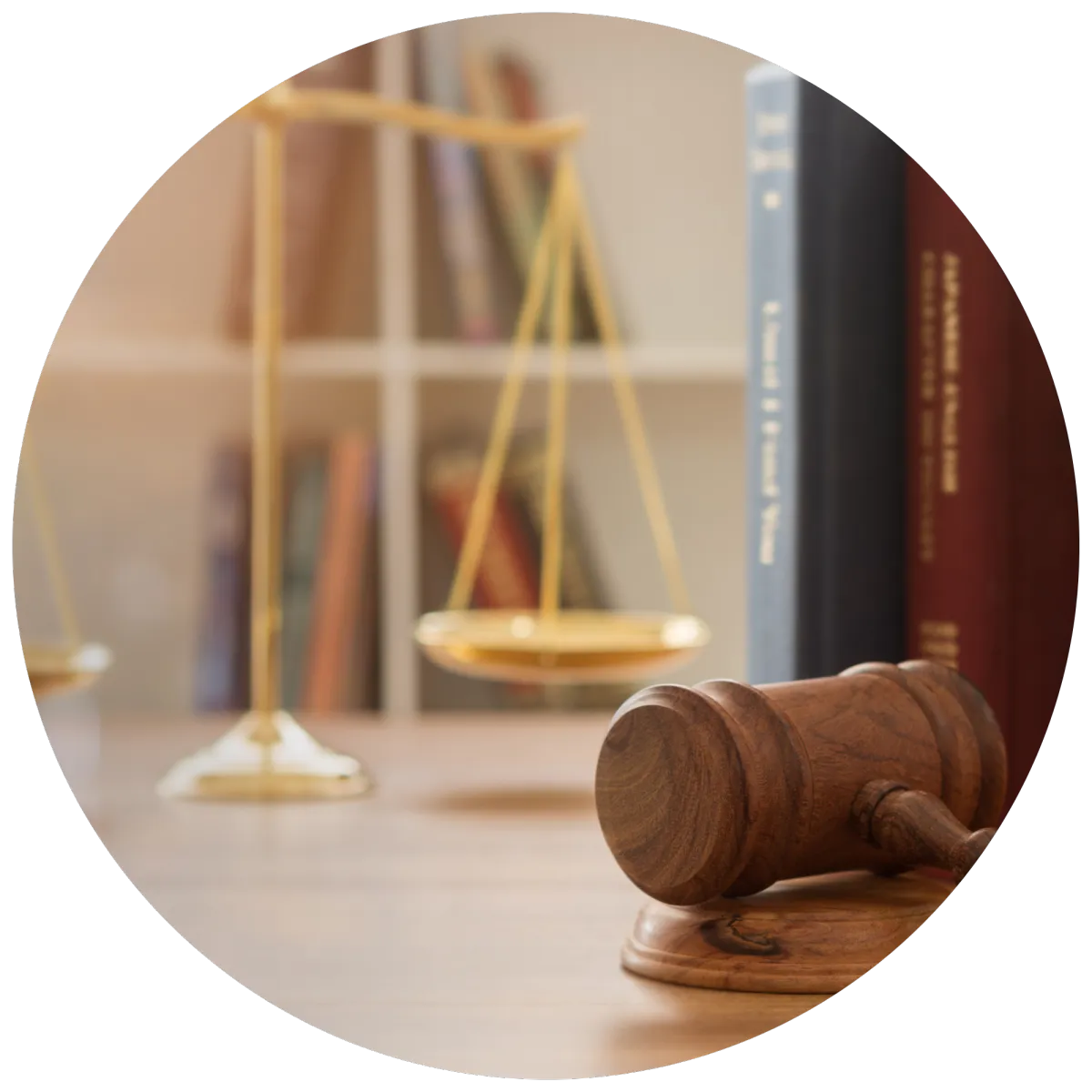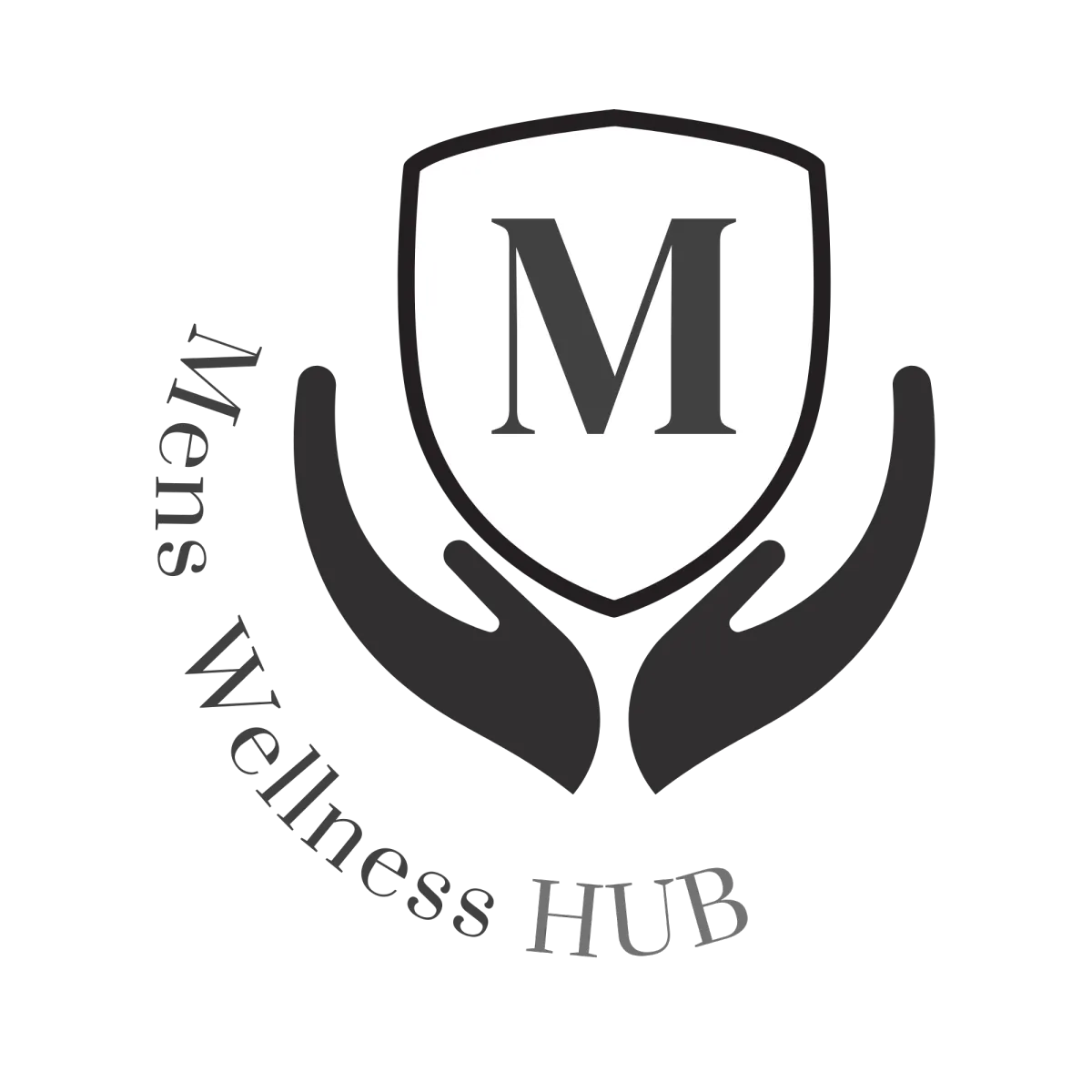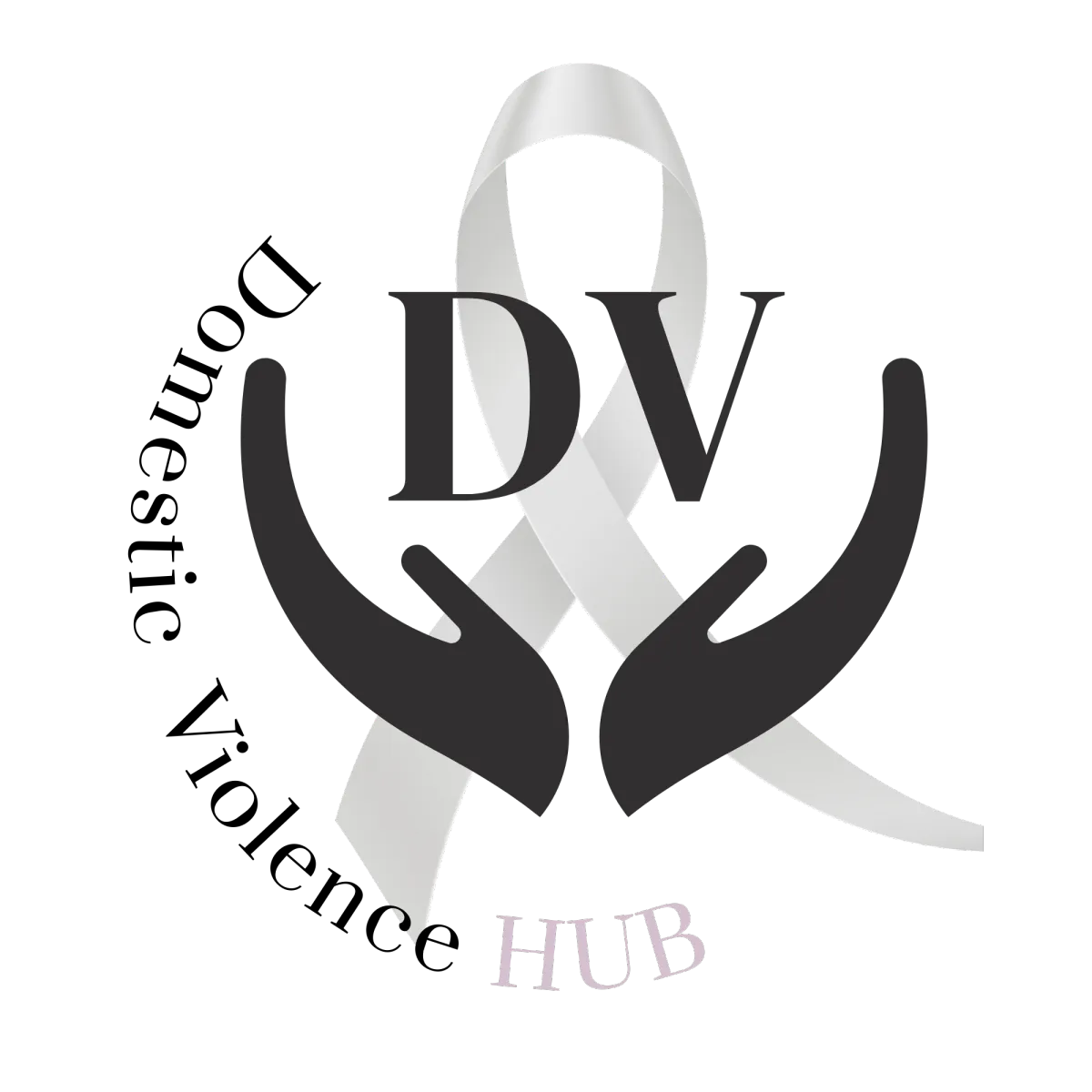What is Domestic & Family Violence?
The DV Support Hub, provides FREE consolidated information on Australian domestic and family violence matters.
It is just one of the many hubs provided for free through Family Counselling Support Network, to Australians. If you, or are family member, are facing family and domestic violence or supporting someone who is, this hub provides information, resources and a guide on how to find support, keep safe, access resources and move forward safely with independence and greater confidence.
We endeavour to keep this information as up to date as possible.
This site is dedicated to the memory of all those who have lost their lives and the resilience of survivors.
If you have arrived at this hub because you or your loved one or friend is in need of support, we are extremely proud of you.
If you have arrived at this hub because you are seeking support to help find solutions to deal with your emotions, great move, we are also here for you to get the support you need.
Please know there is love and support for you. You've Got This.
There is never an excuse for abuse.

🫂What is the difference between domestic abuse, family violence and child abuse?
🫂Print and complete the checklist for types of abuse and save (if safe to do)
🫂It's all about trying to gain control - Power and Control Wheel
🫂Who can become a victim of domestic or family violence?
🫂Teen dating violence- heterosexual and LGBTQIA+
🫂How to Help a Teen at Risk
🫂Respecting You, Respecting Me Program - You deserve to be respected and you need to give respect in turn.
🫂 Technology and Image based abuse - what is revenge porn, sextation, deep fake/porn and cat fishing
🫂Getting the right support you need and deserve
Domestic and family violence happens when one person in a relationship hurts another or makes them feel unsafe, and is usually a repeated pattern of behaviour. It can happen in any kind of relationship— not just with husbands and wives or boyfriends and girlfriends (intimate partners).
Abuse doesn't have to involve hurt to your body, or physical violence to be considered domestic or family violence. It can include behaviour which makes you feel scared, involves threats to you, your children or pets, and denies your choice.
People who use this kind of violence are often referred to as 'perpetrators of violence' .
If someone you know is experiencing domestic or family violence:
Call 000 if it is an emergency and the person is in immediate danger.
If there is no immediate danger, you can call the Australia wide 1800RESPECT service on1800 737 732, text 0458 737 732 or visit the website for online chat and video call services.
We are here for you. You are supported. We beg you to realise that none of these people have the right to hurt you or make you live in fear!
It is not ok and you deserve so much better in this life.




What is the difference between domestic abuse, family violence and child abuse?
🫂What is Domestic Violence?
In Australia, this refers to violent behaviour between current or former intimate partners - typically where one partner tries to exert power and control over the other, usually through fear. It can include physical, sexual, psychological, emotional, verbal, spiritual, economic abuse, stalking, coercive control. (refer below for more details and the checklists).
🫂 What is Family Violence?
In Australia, Family Violence, also called Domestic Violence, does not just not just include violent behaviour between current or former intimate partners. It is defined as violent, threatening or controlling behaviour and extends to violence by family and family related individuals, residing inside or outside of the home. (refer below for more details).
🫂 What is Child Abuse?
In Australia, child abuse is defined as any act or omission that endangers or harms a child's physical, emotional, psychological, or sexual well-being. It can be abuse by anyone, not just family members. It could include strangers.
Truths about Domestic and Family Violence
🫂Not every perpetrator/abuser/offender of domestic violence is violent in the way we often understand 'violence' to be. The person can be male or female, and from any social-economic background.
🫂Abuse is all about power, entitlement and control - an attitude rather than just about anger. Abuse grows from attitudes and values, not feelings.
🫂It can impact anyone, female or male, regardless of age, ability, ethnicity, sexual orientation, location and socio-demographic groups.🫂Domestic violence usually describes a pattern of repeated behaviours, but it can also be a one off event as well.🫂You don’t have to be legally married to experience domestic violence in a relationship!
🫂Violence is considered DOMESTIC violence when any of the behaviours listed in the checklist take place in any of these intimate relationships:
➡️an intimate personal relationship—two people of any gender, who are, or were, a couple, engaged, married, in a de facto relationship, or
➡️parents of a child, a family relationship—two relatives (by marriage or blood), including a child over 18, parent, stepchild, stepparent, brother, sister, grandparent, aunt, uncle, nephew or niece, 'as for some community groups, a person who is not related by blood or marriage but is considered a relative.
➡️an informal care relationship—one person who is, or was, depending on another person for help with daily living activities (not paid services).
🫂Domestic Violence extends to children seeing violence like their parent being hurt, being called names, things being broken or police arriving.
🫂Before you decide to leave a domestic violence situation, it is best to ensure you have a really safe exit strategy. Where possible, seek assistance to plan a safe departure for you and your children. If it's an emergency call 000.
Power and Control Wheel
Domestic and Family Violence - Behaviours to gain or maintain power and control
The Australian Government's definition emphasizes that domestic and family violence is a pattern of behavior aimed at controlling or dominating another person and is not always physical.
The Power and Control Wheel
The wheel diagram assumes she/her pronouns for survivors and he/him pronouns for partners. However, the abusive behavior it details can happen to people of any gender or sexuality.
Domestic violence is a pattern of behaviors used to gain or maintain power and control. The wheel diagram serves as tactics abusive partners use to keep survivors in a relationship. The inside of the wheel makes up subtle, continual behaviors over time, while the outer ring represents physical and sexual violence. Thus, abusive actions like those depicted in the outer ring reinforce the regular use of other, more subtle methods found in the inner ring.
Power and Control Wheel above is a resource of: Domestic Abuse Intervention Project 202 East Superior Street, Duluth, MN, 55802218-722-2781
Who is affected by domestic and family violence?
Anyone can become a victim of domestic violence. A common misconception is that domestic violence only occurs in certain segments of the population, such as those living in poverty, women, minorities, and other categories, but in fact domestic violence occurs in every population group regardless of country, religion, sexuality, gender, social or financial status, education level, age or culture.
Domestic violence is not limited to only one social group, race, or even gender. One of the biggest misconceptions is that only women are abused. Men can be victims too. Although it is a fact that the majority of victims are women, men are also abused. It can also happen in any relationship, including with:
➡️Partners (current or ex)
➡️Boyfriends, girlfriends (current or ex)
➡️Husbands/wives (current or ex)
➡️Parents, Guardians or other family members and children (the children need to be over 18)
➡️Adult Siblings (the sibling need to be over 18)
➡️Family members (the family members need to be over 18)
➡️Carers or paid support workers and their dependents.
In First Nations communities there is broader scope for a family relationship.
The first step toward ending domestic violence is understanding what it is.
Domestic Violence, includes a wide range of behaviors usually between current or former partners, typically where one partner tries to control or dominate the other, or cause them to fear for their own, their children’s or family and friends personal safety or wellbeing.
Regardless of whether it is physical, emotional or takes some other form, abuse often follows an escalating pattern in which the controlling behaviors worsen over time.
Set out below are a non-exhaustive list of the types of abuse categories that the law predominately recognises and examples of the types of abusive behaviour a person may specifically endure within these categories. We warn that these lists may trigger.
The lists are in PDF Format but are interactive, allowing you to mark up the checklists and/or print out for your reference. Please ensure it is safe to print the documents out.
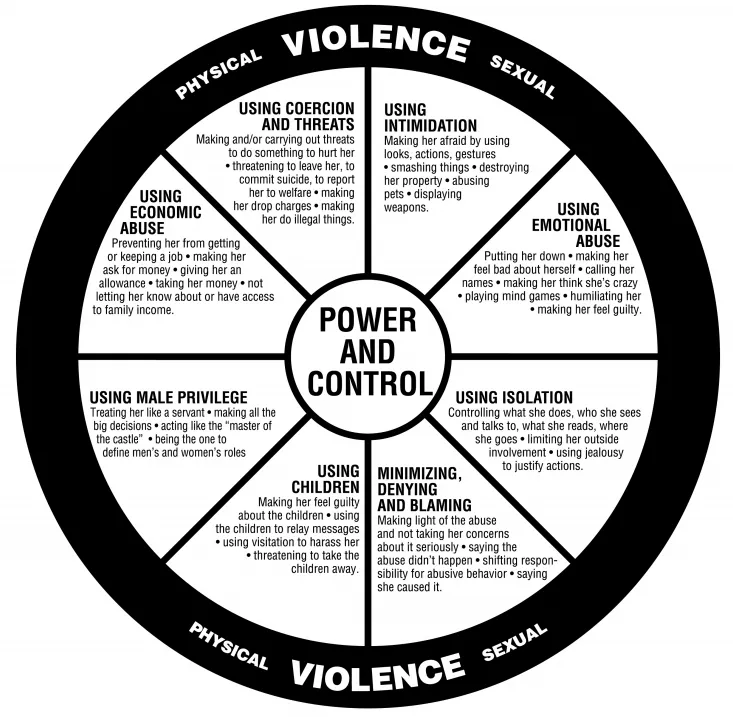
Forms of Abuse Checklists
Have you or a loved one ever been subjected to any of these behaviours?
Teen Dating Violence
Teen dating violence is controlling, abusive, and aggressive behavior in a romantic relationship which can take place in person, online or through technology.
It occurs in both heterosexual and LGBTQIA+ relationships and can include any combination of abuse including physical, verbal, emotional, sexual, technological, financial abuse, stalking and coercive control. It may start as early as high school, when a teen starts dating for the first time. The dangerous effects of teen dating violence and sexual assault can significantly affect the rest of a young person’s life. Even after the violence has ended, survivors are more likely to engage in high-risk behaviors.
Young people are increasing experiencing ‘image-based abuse’ whereby they are coerced into creating or sharing nudes, or where the nude images are created and shared without consent, while failing to recognise the behaviour as a form of domestic abuse.
Take a minute to complete our Red-flag checklists and What is Domestic Abuse checklists.
🚩RED FLAGS (BEWARE) CHECKLIST
: Please take a few minutes to do the red flag checklists on this website. Complete the online checklists and/or print the PDF document to complete later, if it is safe to do so. Your answers are not stored on this website and are only for your own consideration.
Are there some red flags (warnings) that you may be in an abusive relationship? Do you need help? No form of abuse is ok. You deserve so much more.
🚩DOMESTIC VIOLENCE CHECKLIST:
If you, a friend, or a family member are potentially experiencing one or more forms of domestic violence outlined in this list (or any other behaviours you feel may amount to DFV), reach out for help. If it is safe to do so, we recommend you print off the checklist and provide details or save the document somewhere safe and keep records.
Effects of Abuse on Teens
Unhealthy, abusive or violent relationships can start early and last a lifetime. Teen dating violence profoundly impacts lifelong health, opportunity, and wellbeing in the short and long term on a developing teen. Youths who are victims of teen dating violence are more likely to:
🫂Experience depression and anxiety symptoms
🫂Engage in unhealthy behaviors, sexually, smoking, drugs, and alcohol, eating disorders, STI's, unwanted pregnancy
🫂Exhibit antisocial behaviors, like lying, theft, bullying, or hitting.
🫂Think about suicide and self harm.
Teenagers in these kinds of relationships are also more likely to enter into unhealthy or abusive relationships later in life. Additionally, many domestic abusers/perpetrators say that they were personally sexually, physically, or emotionally abused as a child or teenager.
Why it may be Hard to Leave for a Teen
It is hard to imagine why a teenager would stay in an abusive relationship, and even harder to watch someone you love experience abuse and not be able to end it. Knowing why it is difficult for teens to leave toxic relationships can help foster patience and understanding towards your loved one.
Relationships do not usually start with abuse or unhealthy behaviors. The beginning of a relationship is often characterized by the honeymoon phase when things are happy and light. As the relationship progresses, fights and unhealthy behaviors may start.
Relationships like this can be terrifying and confusing for family members and other close loved ones. It is essential to understand that the teenager involved in the relationship is also experiencing various strong emotions. It ultimately needs to be the teen’s choice to leave the relationship, as pressuring them could make them more likely to stay in the relationship and avoid reaching out for help. The best thing anyone else can do is exhibit continued and unwavering support.
Many teens do not report unhealthy behaviors because they are afraid to tell family and friends.
Some teens are at greater risk than others
Female students experienced higher rates of physical and sexual dating violence than male students. Students who identified as lesbian, gay, bisexual, transgender (LGBTQ) or those who were unsure of their gender identity experienced higher rates of physical and sexual dating violence compared to students who identified as heterosexual.
Signs a teen may be at risk
Even if your teenager is not ready to discuss abusive behaviors occurring in their relationship, there are signs you can look out for. Your teenager might be experiencing abuse in their relationship if they:
➡️Show a lack of interest in once enjoyed or important activities
➡️Receive excessive texts and other communication from their partner
➡️Spend less time than usual with their family and friends
➡️Are always worried about how their partner will react to them
➡️Feel pressure from their partner to behave in a certain way
➡️Make excuses for their partner's unhealthy behaviors
How to help the Teen at Risk
Since peers have such a strong influence on each other during adolescent years, teens must understand how to support and help a friend who may be experiencing teen dating violence. Ways you can help a friend who might be engaged in an abusive relationship.
⏹️Reach Out to Them
⏹️Support Them
⏹️Stay Neutral
⏹️Research Tools
⏹️Find Additional Support
⏹️Encourage Safety
⏹️Check In and Engage
How to Prevent Teen Dating Violence
It is crucial to help reduce risk factors and foster protective factors to prevent teen dating violence. It is also essential for family, friends, teachers, coaches, and mentors to empower teens to make healthy choices and engage in healthy relationships. Teens must have access to safe spaces where behavioral norms do not tolerate abuse.
Parents can take the following steps to help reduce their child’s risk of becoming involved in an abusive relationship.
⏹️Become a Trusted Source for Relationship Advice
⏹️Teach and Demonstrate Healthy Relationships
⏹️Foster Healthy Self-Expression
⏹️Discuss Warning Signs of an Unhealthy Relationships
⏹️Encourage Healthy Friendships
⏹️Know When to Get Involved
Talk with your child if they exhibit any noticeable behavioral changes, and remember to remain caring and supportive until they are ready to talk with you.
How to Talk to Your Teen in an Abusive Relationship
If you find that your teenager is involved in an abusive relationship, it is essential to foster healthy communication. You can take steps to ensure you are communicating with them effectively.
⏹️Encourage Open, Honest, and Thoughtful Reflection
⏹️Be Both Sensitive and Firm
⏹️Support Your Teen In a Nonjudgmental Way
⏹️Take a Clear Stand
⏹️Discuss Options With Them
⏹️Participate In Your Child's Life
⏹️Accept That You Will Make Mistakes
⏹️Do Not Push
Prevention
Supporting healthy, nonviolent relationships is critical. During the pre-teen and teen years, it is critical to begin learning skills to create and maintain healthy relationships, including managing feelings and communicating in a healthy way. Research also highlights the need for prevention efforts that address the unique needs of teens who are at greater risk of experiencing teen dating violence.
There are a number of programs available Australia-wide. Our Respecting You, Respecting Me, (c) is a program we have developed to
help communities focus their prevention efforts on what works to address risk and protective factors for teens.
Confidence to Report is critical. Many teams are embarrassed and worried what their teachers, families and friends may think. Teens need help to feel confident and respected. See details below under - "Getting the support you deserve"
The Respecting You, Respecting Me program
Our own program focuses on teaching 11-14-year-olds about developing respect for themselves, their bodies and others. It focuses on how to have healthy relationship skills before they start dating and identifying and reducing behaviors that increase the risk for dating violence, like substance abuse and sexual risk-taking. It is aimed at promoting respectful, nonviolent dating relationships and decrease emotional, physical, and sexual dating violence. It helps teach teens the essence of how to respect themselves as well as others.
It is aimed at pre-teens (11-14) years, parents, schools and educators and government. It is available to be delivered in person and on-line.
For further details of our program please email: [email protected]
TECHNOLOGY AND IMAGE BASED ABUSE
Image-based abuse is when someone shares, or threatens to share, an intimate image or video of a person without their consent.
If it happens to you, you’re not alone. Many Australians have experienced image-based abuse – it affects people regardless of their age, race, religion, gender, sexual orientation, education or bank balance. It can make a victim feel scared, anxious, betrayed, angry or humiliated. It has the potential to destroy a person's career, schooling, friendships and confidence. There can also be an ongoing impact if you have to deal with critical comments or harassment from people who see the intimate image or video. This is why it’s best to report what’s happened, as soon as you can. Refer below to "Gathering Evidence" and "How to Get the Support you Deserve."
What is an 'intimate' image or video?
An image or video is ‘intimate’ if it shows, or appears to show:
➡️you nude or partly naked– such as a naked selfie or a topless photo if you identify as female or non-binary
➡️your genitals or bottom– even if you have underwear on (this includes upskirt shots)you during a private activity– such as using the toilet, showering, having a bath or getting sexual
➡️you without clothing of religious or cultural significance, if you normally wear it in public (such as a hijab or turban).
The image or video can be:
* real, altered or faked to look like you;
*shared in a way that makes people think it’s you, even when it’s not (such as a nude of someone else tagged with your name).
The image or video can be sent, posted or shared using
➡️an online platform or service, such as a social media feed,
➡️online game or other app a website, such as an image board or porn site
➡️a direct message, text message, chat service, email or file transfer (such as AirDrop or Nearby Share).
What are some examples of image-based abuse?
⏹️Your ex-boyfriend shares a nude of you on social media or with friends.
⏹️ One of your co-workers alters a photo of you to make you look naked and emails it to lots of people.
⏹️Someone you’re trying to break up with threatens to share a photo of you having sex unless you agree to talk to them, get back together or do something else.
⏹️A blackmailer threatens to send a recording of you getting sexual to all your online contacts – including friends and family – unless you pay them money or do something more sexual online for example
⏹️Someone anonymously posts a naked selfie of you on a porn website.
⏹️Someone tags a nude with your name, even though it’s not you.
Consent needs to be given to share as well
‘Consent’ means someone gives their permission clearly, they fully understand what they’re agreeing to and they have not been pressured into it. Sharing your intimate image or video with one person doesn’t give them permission to share it with anyone else or let others see it.
Revenge porn
Image-based abuse is sometimes called ‘revenge porn’ because some people do it to hurt a person who has ended a relationship with them, or threaten to do it unless they stay together. Images are sadly being used in highly diverse ways as a form of control, abuse, humiliation and gratification that is deeply worrying.
Sharing or threatening to share an intimate image or video in a domestic and family violence situation can also be part of coercive control
(a pattern of abusive behaviour used to control someone within a relationship through manipulation, pressure and fear.)
CONCERNING FACTS about imaged based abuse
After interviewing a number of victims of this form of abuse it was alarming to find:
➡️Many victims of image-based abuse and perpetrators unfortunately didn’t consider this behaviour/experiences as abusive or the demands for nude as a form of coercive control. It is.
➡️A lot of the victims are school students, who had been victimised by other students at the school. The highest risk was amongst mid high school students.
➡️Explicit content that you may or may not have consented to originally, can be uploaded illegally onto mainstream porn websites without the consent of all the participants.
➡️Men who shared images without consent among their friends, such as on group chats, regularly did not see it as abusive and
attempted to excuse it as just showing off to their peers about their sexual prowess.
➡️Some still continue to believe that once a woman consents to one sex act, she has consented to all other kinds of sexual contact.
➡️As well as sharing nudes without their consent, many victims did not know the images existed at all.
Sextortion
Another type of image-based abuse is sexual extortion or ‘sextortion’. This is when someone tries to blackmail you over a nude or sexual image or video of you. They may demand money, cryptocurrency, gift cards, gaming credits, or more nudes or sexual content.
If you’re being blackmailed, don’t pay or give the blackmailer more money or intimate content. Stop all contact with them. Go to our special advice on how to deal with sexual extortion
Remember, it’s not your fault if someone shares or threatens to share an intimate image or video of you without your consent.
Even if you sent it to them in the first place, or agreed to get sexual with them in a live chat, they have no right to share the content with others.
Deep fake images and porn
A deepfake is a digital photo, video or sound file of a real person that has been edited to create an extremely realistic but false depiction of them doing or saying something that they did not actually do or say. Deepfakes are created using artificial intelligence software that currently draws on a large number of photos or recordings of the person to model and create content.
Deepfakes have the potential to cause significant damage. They have been used to create fake news, false pornographic videos and malicious hoaxes, usually targeting well-known people such as politicians and celebrities. Potentially, deepfakes can be used as a tool for identity theft, extortion, sexual exploitation, reputational damage, ridicule, intimidation and harassment. A person who is targeted may experience financial loss, damage to professional or social standing, fear, humiliation, shame, loss of self-esteem or reduced confidence.
How to spot a deepfake
Deepfake technology is advancing rapidly and it can be difficult to detect when it's being used. But there are sometimes signs that can help identify lower-tech fake photos and videos. esafety provides details on what to check for. www.esafety.org.au (watch the video below).
Catfishing
Catfishing is when someone sets up a fake online identity and uses it to trick and control others. Often, they do it to scam people out of money, blackmail them or harm them in some other way.
Once you trust the catfish, they may:
➡️embarrass, humiliate or upset you by sharing your secrets online or revealing to others that you fell for their trick scam you into sending them money or do something to benefit them
➡️pressure or ‘groom’ you into sending nudes or getting sexual online
➡️blackmail you over nude or intimate images or videos (sometimes known as ‘sextortion’)
➡️steal your identity using information you shared with them
Refer to: https://www.esafety.gov.au/
Catfishing usually happens in several steps:
The catfish creates a fake account, making up their background story and including fake photos, schools, jobs and friends. They may pretend to be someone who’s really good looking or famous, like a celebrity or sports star, so you feel excited and flattered when they show interest in you. Or they could pretend to be an ordinary person and claim they like all the same things as you, so you think they’re your ‘perfect match’. In some cases they even impersonate or hack a real person’s account and pretend to be them.
They send photos they claim are of them, but how would you really know? Usually they give an excuse for not showing themselves in a video chat, like saying their camera is ‘broken’.
They may flatter you by giving you lots of compliments, affection and maybe even gifts. You think they really care about you, and they make you feel good about yourself, so you want to make them happy. When you trust them, they ask you for something.
They may want you to: tell them your secrets, share personally identifiable information, like your birthdate, home address and details about your famiy, do them a favour, lend or give them money or cryptocurrency, buy them gift cards, send them gaming credits, receive a money transfer or an item and send it on to someone else, send them an intimate image or video, such as a nude, get sexual in a video chat, even though you can’t see them on camera.
What are the warning signs?
Knowing the warning signs to watch for can help you avoid being tricked by a catfish. Thinks to ask yourself!
Are the photos really them? Do an image search of the person to see if their profile picture and any photos they share with you show up for someone with a different name. If they do, it’s likely they’re using a fake profile to catfish you.
Do they use their social media much? A low friend count, not many posts and photos, and not being tagged by others on social media can be a sign they faked their background information and activity. Ask if they have any other social media.
Checking if they have any of the same friends as you may also help confirm they’re a real person.
Does it sound too good to be true?
If it sounds too good to be true, it probably is. Always be on your guard if someone randomly makes contact – especially if they claim to be someone famous, or they seem to be your dream partner or friend.
Do they seem to know a lot about you or be interested in all the same things as you?
Often a catfish researches your digital footprint which is everything about you that’s been posted or shared on your socials and elsewhere online. Knowing things such as your favourite places, bands and foods helps them fake liking the same things and people, so you believe you’ve found a perfect match.
Are they ‘love bombing’ you?
‘Love bombing’ is a big warning sign that someone is trying an online dating or romance scam. This is when they say they like or love you almost straight away, and they constantly tell you how great you are. You enjoy the attention and romance so much that you will do almost anything for them – that can make it easy to control or scam you.
Do they want to get sexual very fast?
Be very careful if anyone sends you unwanted nudes such as ‘dick pics’, or pressures you to share your own nudes or get sexual in a live chat with them very quickly. If things are moving very fast, it can be a sign that they’re trying to hook you into something dangerous, like sextortion or grooming for online child sexual abuse
Remember, it’s always OK to say ‘no’ to sending nudes or getting sexual online.
Do they want you to move your conversation to another app?
Often a catfish will be very quick to ask you to move to a private channel or direct messaging or chat apps such as WhatsApp, Line, WeChat, Instagram or Facebook Messenger. This can reveal your personal details, like your phone number and location, and make it harder to get help from the service where you first connected if things go wrong.
Do they want to connect with you on all your socials?
If you become friends with them across all your accounts they can quickly find out a lot about the things you like, what you do and where you go. It may also let them see your contacts (and later they may blackmail you by threatening to share information, photos or videos with these people).
Do they encourage you to share personal information and secrets?
When they ask you questions you might think they’re just getting to know you and they’re interested in who you are. But it can be a sign they’re trying you get enough information about you to work out your passwords and steal your identity. Or they may threaten to reveal your secrets unless you do something for them.
Is something not adding up?
Trust your instincts. If your gut feeling tells you that something’s not quite right, slow down and think about it. For example, the way the person chats or acts may not seem to match their profile – maybe their English isn’t very good even though they go to high school.
Do they make excuses for not showing their face live?
If they claim they can’t show you what they look like in a video chat because their camera is not working, they’re usually a catfish. Often they’ll ask you to get sexual in a chat, then secretly record you so they can blackmail you for money or more intimate content (sextortion)
How can I prevent being catfished?
Adjust your privacy settings to stay in control of what you share, who sees it and who can comment or contact you. Take a look at the eSafety Guide on www.esafety,gov.au for how to change your privacy settings on different online platforms, social media, apps and games, including instagram, snapchat, TikTok, Discord, WhatsApp etc.
Also check how much people can already see about you online by doing a search of your own name.
If you do meet someone online, remember that it's hard to know who they really are. You can reduce the risk of falling for a catfishing scam by checking the warning signs,
being careful not to rush into a relationship, and limiting how much information you share about yourself.
Most people know never to share their passwords or passphrases with others, but also remember that it can be surprisingly easy to guess them.
Every bit of personal information you post online or reveal in a chat – like your full name, date of birth and home address – may be pieced together and used to access your accounts or create fake ones.
Be careful not to share personally identifiable information without being aware you’re doing it. For example, posting a video on your birthday that shows you with a cake that has your age written in icing can reveal your date of birth. Or a photo of a shopping spree may reveal your bank card number if it’s on the sales desk in the background.
I think I’m being catfished – what should I do?
Stop the conversation If anyone makes you feel uncomfortable or unsafe you can always stop the conversation or put it on pause while you do an image search and check through the other warning signs. Don’t share any more personal information or money. And don’t feel pressured to move at their pace - if the person really cares about you, they will give you the time you need.
Check your accounts -Check all your online accounts for any suspicious activity or signs that someone else may be using them, and take steps to protect your personally identifiable information
Screenshot, report and block fake accounts - to have a fake account removed, take screenshots of the profile as evidence and report it through the app or online platform – you can check the eSafety Guide for information about how to report on most online platforms and services. You can use in-app functions to mute, hide or unfollow the account. After you’ve reported it, you can also block it. www.esafety....
I think someone is pretending to be me online – what should I do?
If someone creates an account or profile pretending to be you, it’s often called a ‘fake’, ‘imposter’ or ‘impersonation’ account. Another way someone may pretend to be you is by accessing your real account and taking it over.
Often someone who pretends to you be online does it to encourage others to make fun of you, to harm your reputation or to get you into trouble. For example, they could post embarrassing videos of you and make it look like you’re saying dumb things, or they could use the profile to make mean or rude comments about other people.
If someone takes control of your real account, it may be to steal your money or use your personally identifiable information to set up other accounts then commit crimes like fraud – for example, they could get a credit card or loan in your name. They may also pretend to be you to catfish other people. For more information refer to www.esafety.org.au
How to use image search to catch a catfish
You can use an image search to check if a person’s profile photo is of someone else. If their photo shows up for a person with a different name, there’s a problem! You can check the photos of them and their ‘friends’ in their posts and messages too.
Doing an image search is also useful if you think someone is using your photo to catfish other people – make sure you’re not tagged with another person’s name. If you find anything suspicious, report it to the platform or service.
Google image search
Google image search is a way to help you find a visual match of the person you’re talking with online. You can do this by searching the person’s name in Google and then clicking on the ‘Images’ tab, which will show you the photo results.
Google’s 'About this image’ feature can provide information about where an image was first used and how other sites have used it. This can be helpful for checking if a photo has been taken out of context to create a fake identity or situation.
You could also try Tiny Eye which allows you do a reverse image search image search by uploading an image or pasting in a URL of the picture.
Resource: https://www.esafety.gov.au/key-topics/image-based-abuse
How to get the HELP and SUPPORT you deserve
NO ON DESERVES to be taken advantage of, disrespected, abused or controlled by another person.
Reach out for help with your immediate trusted personal network and let them know what is happening - family, friends, teachers, educators, coach, school counsellor, another adult you trust. Contact Social Media service providers to report and attempt to get the person blocked - report the abuse.
How eSafety can help - Australian Government Service
Australians whose images or videos have been altered and posted online can contact eSafety for help to have them removed. eSafety investigates image-based abuse which means sharing, or threatening to share, an intimate photo or video of a person online without their consent. This includes intimate images that have been digitally altered like deepfakes.
If you’re being blackmailed
Do not pay the blackmailer or give them more money or intimate content.
If you're under 18, the best way to get help is to report it to the Australian Centre to Counter Child Exploitation (ACCCE) ataccce.gov .au
If you’re 18 or older, report it to any platforms or services where the blackmailer contacted you. If your intimate image or video is shared, or if the platform doesn't help, you can report it to eSafety ateSafety.gov.au/report/forms.
If you’re not being blackmailed
If you’re not being blackmailed but your intimate image or video has been shared or someone is threating to share it, report it to eSafety at eSafety.gov.au/report/forms. They can have the image or video removed or help stop the threats.
Report any concerns you have immediately to a trusted teacher, manager, parent, friend, school counsellor, your doctor, or other person you trust to get you the help you need to immediately take action. Take back the power and take action as soon as you can. You are surrounded by people ready to support you.
Call 1800RESPECT if you need further assistance.
How to get police and legal help for adult cyber abuse
Serious adult cyber abuse can be a crime. The police may be able to help protect you against violence, and they could be able to charge the person responsible with a criminal offence.
How the police can help
The Online Safety Act allows eSafety to investigate serious adult cyber abuse as a civil matter. This means we may be able to help have the harmful content removed and take enforcement action such as seeking fines or penalties for those who do not remove it.
But the police may be able to go further, by investigating whether a criminal offence has been committed.
If you are feeling unsafe or frightened, or threats have been made to harm you or your friends or family, it is important to contact the police – they may be able to help protect you.
Whether they can take criminal action against the person responsible will depend on the type of abuse and the laws that apply in your state or territory.
Even if there are no specific laws the police can use for your particular case, you can ask them to record your complaint in a report. This means that if the abuse continues or gets worse, there is a record of your concerns which may assist with future investigations.
In some cases, the police may also help you seek a protective order to prevent or limit the person from contacting you.
The police will consider factors like the severity of the abuse, how long it has been going on, whether there is enough evidence to prove who is carrying out the abuse, and where that person is located.
Gathering your evidence
To prepare yourself for this, you should gather evidence such as screenshots, relevant emails and web addresses, and put together as much information as you can to show what has been happening to you.
Refer to EVIDENCE collection on our website.
If the police decide they have enough information to begin a criminal investigation and the matter is heard in court, the court will need to be convinced ‘beyond a reasonable doubt’ that the alleged offender was responsible for the crime committed. Whether a matter is successful will depend on the individual case and the strength of the evidence.
Contacting the police and what to expect
You can call the police or visit your local police station to report adult cyber abuse.
In an emergency you should always call Triple Zero (000).
If it’s not an emergency, you can call the Police Assistance Line on 131 44 or find your local police station online.
The police may ask you to make a statement summarising your experience.
Also, they are likely to ask if you have any evidence to prove what has been happening, so it’s a good idea to have that ready to send or show them.
Make sure you write down the police report or event number, and the name and rank of the officer you speak with, in case you need it later.
It is a good idea to take a supportive friend or family member along when you meet with the police. They can help by taking notes that you can read over later.
Or you may wish to discuss taking a lawyer with you.
You can ask for a specialist police officer
You may be able to speak with a specialist police officer, so it’s a good idea to ask if you are unsure.
If your situation involves domestic or family violence you can ask to speak to a specialist Domestic Violence Officer.
If you are lesbian, gay, bisexual, transgender, intersex or queer (LGBTIQ+) you can ask to speak with a Gay and Lesbian Liaison Officer
If you are Aboriginal or Torres Strait Islander you can ask to speak to an Aboriginal Liaison Officer.
If you are from a multicultural community you can ask to speak with a Multicultural Community Liaison Officer.
Which laws apply?
Many forms of serious adult cyber abuse could be considered illegal under state or federal laws, as well as the Online Safety Act.
For example, under the Commonwealth Criminal Code Act 1995 it is an offence to menace, harass or cause offence using a ‘carriage service’ (a service that carries communications electronically). It is also an offence under this Act to use a carriage service to make threats to kill or cause serious harm to a person, regardless of whether the person receiving the threat actually fears that the threat would be carried out.
These provisions could capture instances of menacing, harassing or offensive conduct and threats carried out using landline phones, mobile phones (including via MMS, SMS) and the internet (including via emails and social media). The law might, for example, be applied when a mobile phone is used to repeatedly send offensive images to scare someone.
Most Australian states and territories also have criminal laws covering:
stalking or intimidating
blackmail
unlawful uses of technology
making threats to kill or cause serious harm to a person
threats of violence
encouraging self-harm or suicide
breach of confidence
defamation.
A number of states of Australia have also passed laws creating offences for distributing, or threatening to distribute, intimate images - refer to www.esafety.gov.au
Get legal help
Legal advice can help you work out the best way to deal with adult cyber abuse. Depending on your situation, this could include seeking a protection order to keep a person from contacting you.
Resource: https://www.esafety.gov.au/key-topics/image-based-abuseParagraph text goes Lorem ipsum dolor sit amet, consectetur adipisicing elit. Autem dolore, alias, numquam enim ab voluptate id quam harum ducimus cupiditate similique quisquam et deserunt, recusandae. here
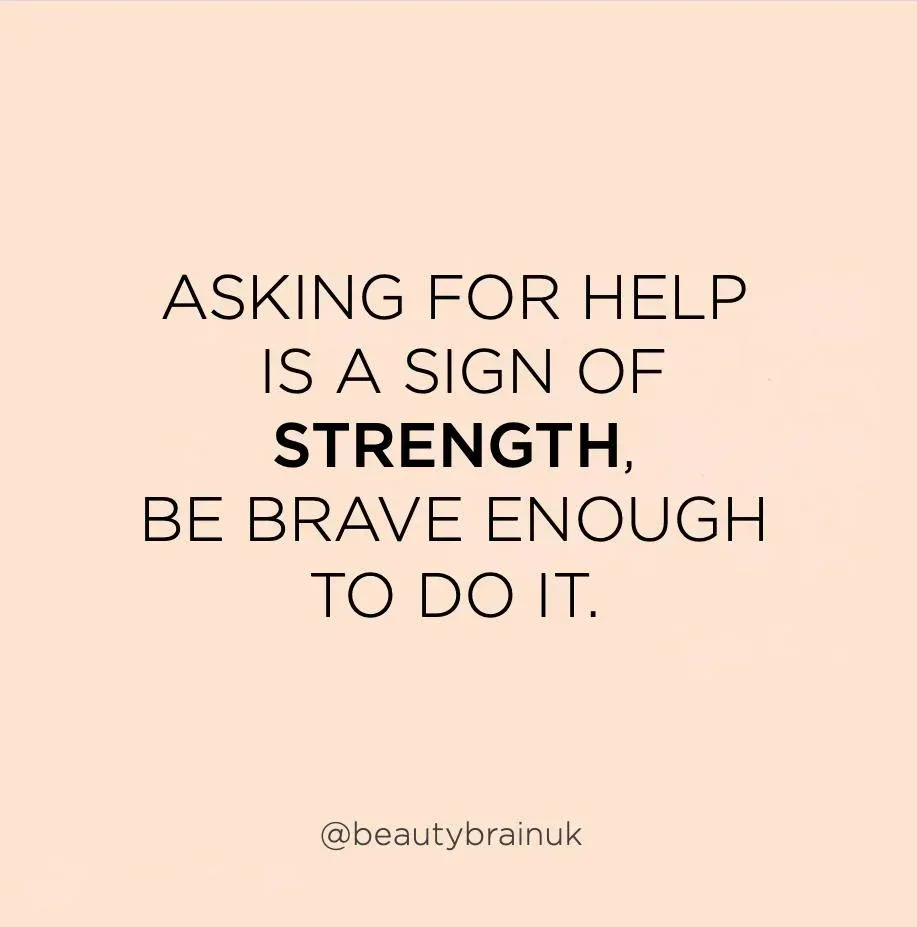
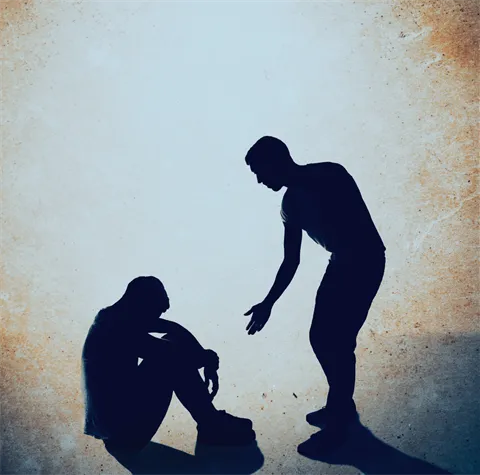
Domestic & Family Violence Hub Directory
Blog Posts

Economic Abuse Awareness Day
Economic and financial abuse are illegal forms of domestic violence in Australia and will be in the spot light as the coercive laws commence. ...more
Separation Support ,Family Counselling Womens wellness DV What is Domestic & Family Violence? &DV Preventing Violence
November 26, 2024•3 min read

Are they gaslighting me?
Are you often thinking your mind is playing tricks on you? Are you starting to question your own sanity or losing your memory? ...more
Separation Support ,Family Counselling Men's Separation, Divorce & Co-parenting &DV What is Domestic & Family Violence?
October 03, 2024•5 min read

Post Separation Abuse
In some cases of post separation abuse, victims report there had been very few signs, if any, of abusive behaviour and/or coercive control throughout the relationship until the decision was made to se... ...more
Separation Support ,Family Counselling Men's Separation, Divorce & Co-parenting &DV What is Domestic & Family Violence?
June 24, 2024•2 min read

What is Domestic Violence?
Domestic violence can impact anyone, regardless of age, ability, ethnicity, sexual orientation, gender, location and socio-demographic groups. ...more
Separation Support ,Family Counselling DV What is Domestic & Family Violence? &Corporate Wellness
April 19, 2024•9 min read
This site is brought to you by Family Counselling Support Network
Book in with one of our professionals today
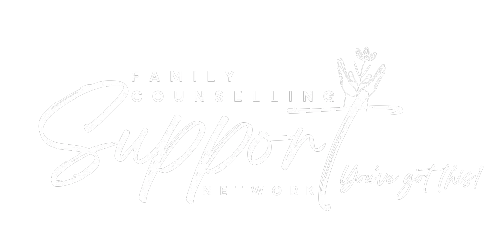

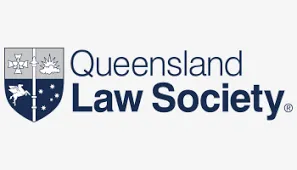
We are committed to protecting your personal information and respecting your privacy. This website uses cookies to analyze website traffic and optimise your website experience. By accepting our use of cookies, your data will be aggregated with all other user data.
DISCLAIMER: The material contained on this website is for general educational and information purposes only and is not a substitute for professional legal, financial, medical or psychological advice or care. While every care has been taken in the information provided, no legal responsibility or liability is accepted, warranted or implied by the authors or Family Counselling Support Network and any liability is hereby expressly disclaimed. For specific advice please contact us at [email protected]. All information contained on the website remains the intellectual property of Family Counselling Support Network and is for your personal educational use only. The information must not be reproduced or distributed without the express permission of Family Counselling Support Network.
Family Counselling Support Network acknowledges and respects the First Nations Custodians of the land where our offices stand, and where we work to help Australians. We pay respects to their Elders, past present and emerging, lore, customs and creation spirits. We recognise that these lands have always been places of ceremony, teaching, research and learning, and we acknowledge the important role Aboriginal and Torres Strait Islander peoples play in our community.
We are committed to providing an inclusive and accessible environment where people and communities of all identities and backgrounds are accepted, safe and celebrated.
Privacy Policy | Terms and Conditions
